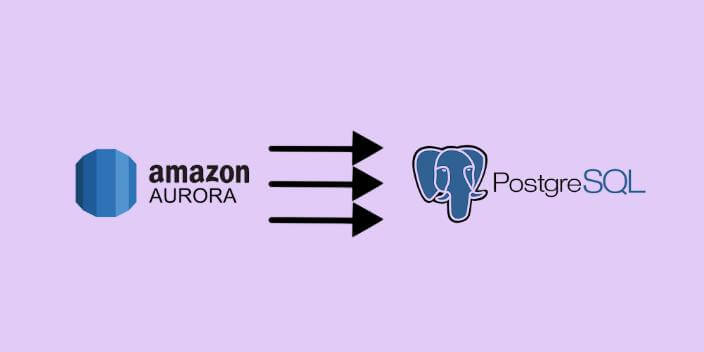NetActuate has launched Global Edge Storage


NetActuate has launched Global Edge Storage




Cloud-first database management often takes the form of a managed service. AWS Aurora, for example, is a fully managed relational database engine that's compatible with MySQL and PostgreSQL. It is designed with AWS-specific capabilities like Global Database, serverless scaling, and zero-ETL integration with other AWS services.
While these features can accelerate initial development, they create application dependencies that prevent migration to other environments without substantial re-engineering.
Applications designed around Aurora's specific scaling behaviors, connection management patterns, or proprietary feature sets cannot easily replicate their functionality on standard PostgreSQL or MySQL deployments elsewhere.
You can opt for open-first database architectures to address some of these limitations by standardizing on proven open source database engines and storage systems.
Portable database engines include PostgreSQL, MySQL, MongoDB, which provide the foundational capabilities for modern applications.
To maintain cloud native scalability, these can use Kubernetes operators like the PostgreSQL Operator or MongoDB Community Kubernetes Operator to deliver consistent lifecycle management across any environment. These operators handle complex operational requirements including provisioning, high availability configuration, backup management, and scaling operations in a standardized manner that work identically whether running in AWS, Azure, Google Cloud, on-premises, or a managed IaaS. A PostgreSQL Operator deployment can create highly available database clusters with streaming replication, automated failover, and point-in-time recovery capabilities that are comparable to managed service offerings.
The storage layer beneath database workloads represents another critical area where vendor-specific implementations can create unexpected lock-in challenges. Traditional cloud native database deployments often assume specific storage characteristics, backup mechanisms, and data transfer capabilities that are tightly coupled to hyperscaler storage services, making it difficult to achieve consistent database performance and management across different environments.
Open-first database architectures address storage portability through standardized interfaces and distributed storage solutions that provide consistent capabilities across deployment environments. Kubernetes native approaches use PersistentVolumeClaims with the Container Storage Interface (CSI) to abstract storage requirements from specific provider implementations, allowing the same database configurations to request appropriate storage resources in any environment.
Object storage integration through S3-compatible APIs ensure that database backup, archival, and data exchange workflows remain portable across providers. MinIO provides high-performance object storage that can be deployed anywhere, while maintaining complete API compatibility with applications designed for S3 integration.
Organizations implementing open-first database architectures find themselves well-positioned to leverage innovative infrastructure providers that embrace open standards and avoid proprietary lock-in. Platforms like NetActuate's infrastructure services, built on an open source foundation, integrate seamlessly with standards-based database deployments, demonstrating how principled architectural decisions enable access to diverse infrastructure options while maintaining operational consistency and avoiding vendor dependencies.
Learn more about making your cloud native database more portable, along with other areas of the tech stack, in our eBook: Architecting for Openness: A Guide for Avoiding Hyperscaler Lock-in.

Reach out to learn how our global platform can power your next deployment. Fast, secure, and built for scale.
.svg)